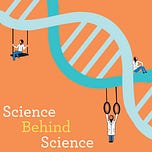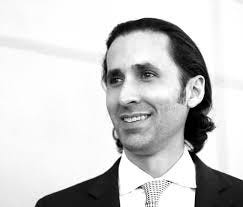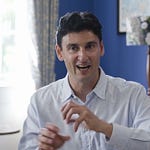Dr. Justin Sanchez is a Battelle Technical fellow, a member of the senior leadership team for Battelle’s Life Sciences and Biotechnology departments, and world-renowned expert in biotechnology. Prior to joining Battelle, Dr. Sanchez was the Director of the Biological Technologies Office (BTO) at DARPA. He earned his Masters in Engineering and PhD in Biomedical Engineering from the University of Florida. Major accomplishments include developing foundational human neurotechnology for the United States BRAIN Initiative, delivering the world’s most advanced prosthetic arm to military Veterans, accelerating gene editing techniques for national security/human health, and forming partnerships to deliver countermeasures in the African Ebola crisis. He was responsible for starting 31 new DARPA programs and investing more than $1.65 billion at national labs, industry, and academic institutions.
In our conversation, we discuss some of his exciting areas of expertise including the development of neuroprosthetics and novel drug discovery methods including non-viral gene delivery. We also explain Battelle, which is an independent nonprofit that conducts research and development, designs and manufactures products, and delivers critical services for government and commercial customers. We use the example of Battelle to then dichotomize industry science and academic science. Finally, we reflect on what makes a good scientist, what makes for a good scientific question/a worthwhile scientific issue to invest in, and how researchers can be good leaders and mentors.












Share this post